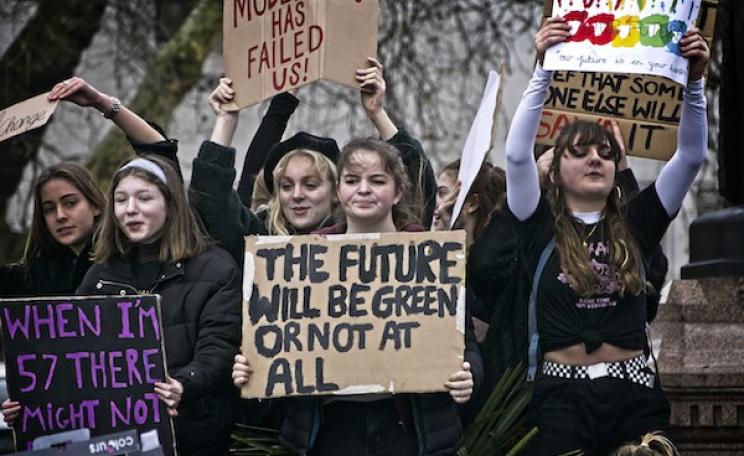What began as an almost invisible trickle near the beginning of the 20th Century now in the 21st has become a monstrous tsunami.
World leaders have been accused of showing "zero ambition" to protect health in the pivotal Global Plastics Treaty talks in Kenya this week.
The remarks were made by the Plastic Health Council in Nairobi at INC-3. This week saw international delegates debate an extremely restrictive Global Plastics Treaty text that failed to set out legally binding targets and timeframes on plastic production and reduction.
The text was introduced by Iran - the eighth largest oil producing country in the world. Oil and fossil fuel lobbyists have dominated the talks in Nairobi, as found by analysis carried out by the Centre for International Environmental Law (CIEL).
Blood
Carla Worth, policy lead at Common Seas, said in response to the troubling analysis: “As international negotiations for a robust UN Plastic Treaty continue in Nairobi, this new report has revealed that the number of fossil fuel and chemical industry lobbyists outnumber delegates from Pacific Small Island Developing States (SIDS) by more than two to one.
“SIDS are vitally important members of the international community; they steward over 30 per cent of our oceans and represent some 20 percent of UN member states. They are also disproportionately impacted by our world’s plastic waste.
"The corporate lobbying influence is shocking, but also very telling of the potential this treaty can have on the plastics and fossil fuel industry, which must be checked if we want to see any real progress."
She added: “International delegates must not let fatigue set in. We must push for a mandate on plastic production to protect SIDs from the effects of plastic pollution, with a rigorous, legally binding treaty.”
The talks have thus far seen little mention of binding instruments to reduce the human health impact of plastic – a measure called for by global scientists. Earlier this week 20 scientists co-signed an open letter to the international community to coincide with the start of the Nairobi talks.
Health
This follows on from the Plastic Health Council and Break Free From Plastic supporting a billboard campaign led by Common Seas, which welcomed delegates to Nairobi airport with an image of a human blood bag with the message that reads ‘plastic is in our blood’. Last year Common Seas research found that nearly 80 per cent of people tested had plastic particles in their blood.
Sian Sutherland, co-founder of A Plastic Planet and the Plastic Health Council, said: “So far we are seeing zero ambition from UN member states at INC-3 in Nairobi. This complete lack of ambition is being driven by oil producing states that have a vested interest in a status quo where the petrochemical industry pumps plastic into the environment ad-infinitum.
“The world urgently needs the Treaty to set out legally binding starting dates and reduction targets to turn off the plastic tap at source. So far it seems countries seem fearful to even consider them. Those laid out in the Health Scientists’ Global Plastics Treaty are ambitious - some may consider them unreasonable.
"But it is not the role of scientists to be popular. It is not the role of science to be “reasonable”. It is the role of science to be truthful, to report the proven data and to be clear on the impacts of this research is not heeded.”
Dr John Peterson Myers, founder of Environmental Health Sciences and member of the Plastic Health Council, said: “What began as an almost invisible trickle near the beginning of the 20th Century now in the 21st has become a monstrous tsunami. Plastic and plastic chemicals have spread like a scourge to every part of our planet, even inside us at levels known to be hazardous.
"Yet industry projections based on 'business-as-usual' anticipate the volume of plastics created will double by the mid-century. We must choose. Will we smother the Earth and ourselves with toxic plastics? Or do we have the courage and foresight to stop the onslaught?”
This Author
Ruby Harbour is a freelance journalist.







